Catholic Online (www.catholic.org)
SYDNEY, Australia (Catholic Online) – Catholics disconnected from Mass attendance and other parish life believe the Catholic Church is out of touch with the world today and is not relevant to their own lives, according to a new study commissioned by the Australian bishops.Catholics’ alienation from the church in general, the study found, has been a “gradual process in which changing attitudes to church teaching have interacted with negative personal experiences of church personnel and regulation.”
The summary of the report, “Catholics Who Have Stopped Going to Mass,” was released Dec. 1 on the last of the five-day twice-yearly plenary meeting of the Australian Catholic Bishops Conference here.
While acknowledging that the drift away from active parish involvement by many Catholics has been ongoing for a number of years and the percentages of the faith community attending Sunday Mass has fallen to 15.3 percent in 2001, the study authors stated that “the church does have the capacity to take actions which will reduce the likelihood of current attenders joining the ranks of those who have stopped attending and increase the chances of returning of some of those who have left.”
The research sought to respond to the desire of the Catholic bishops of Australia “to know more about the reasons why people are ceasing to attend Mass so that action can be taken to stem the flow or reach out to those who have gone,” the report summary said.
A total of 41 Catholics – 28 women and 13 men – between the ages of 29 and 74, of whom more than two-thirds were aged 50 to 69, were interviewed in seven Australian dioceses – Bunbury, Hobart, Melbourne, Parramatta, Perth, Rockhampton and Sydney. The research was carried out by the Pastoral Projects Office of the Australian Catholic Bishops Conference.
The researchers examined factors that participants perceived as having led to their disconnection from church life, whether they still see themselves as belonging in some ways to the church and whether they could foresee any changes which would encourage them to renew church involvement.
The Australian bishops said, after discussing the study report at the plenary meeting, the “disconnected Catholics” research project was a help in understanding the very complex personal, spiritual and cultural factors which have seen a decline in church-going over recent decades.
“The research project is part of our deep and ongoing desire to connect with people who have left the church and to listen to their experiences, so that we might identify ways to reach out to them and welcome them back,” they said.
“We welcome this study, which provides us with valuable insights into the reasons why some Catholics no longer attend Mass and take part in the sacramental life of the church,” the bishops said.
“Together with our own pastoral experience and in the context of the broader cultural situation, we will use this study to help chart a path forward,” they said.
The researchers found that there were both “church-centered and participant-centered” reasons for study participants identified as main reasons for stopping to attend Sunday Mass.
The three most commonly mentioned and “the factors that had the most powerful impact” on Mass attendance, according to the study summary report, were:
- Misuse of power and authority at all levels of the Catholic Church.
- Irrelevance of the church to life today, as an institution “out of touch with Australian society.” “In their eyes the church had lost its ability to connect with the day-to-day lives of ordinary people and as a result they no longer regarded it as having the authority to guide them in living an authentic life.”
- Lack of intellectual stimulation, with several noting that the sermons delivered in their parishes “were of poor quality, being ill-prepared, theologically unsound, badly delivered and irrelevant.”
Other institutional-related reasons noted included: problems with the parish priest; structural problems, including clergy changes affecting the parish, parish mergers and Communion services without a priest; poor parish community life; and the feeling of exclusion by church rules, such as affecting those who remarried without an annulment of a previous marriage and those who have a gay family member.
Among the personal issues included those surrounding a “crisis of faith,” family or other home-related issues and Mass attendance not viewed as a priority within a busy week schedule.
However, half the respondents said they still attend Mass occasionally and almost one third of participants said they might return to weekly Mass attendance in the future.
The study summary cautioned the bishops from judging those who do not attend Mass. “It would be possible to adopt a perspective which finds fault with every participant regarding their non-attendance at Mass – laziness, lack of faith, placing unreasonable expectations on priests, lack of respect for legitimate authority, getting priorities wrong,” it said, adding that “this attitude is most unlikely to attract them back to Mass or to prevent people who are still attending from leaving.”
The summary notes that “this research project will only be truly valuable if it leads to action being taken, at all levels of the church, to halt and then reverse this phenomenon.”
While noting final recommendations will be developed after the research has been discussed at diocesan and parish levels, the study report said that among action steps might include: further research; a pastoral letter from the bishops’ conference; diocesan efforts to develop parish programming focusing on outreach to those who have disconnected or are disconnecting from parish life; and the institution of parish reviews and evaluations into practices and policies, including those connected to the liturgy.
“When the bishops commissioned this research project two years ago,” the study summary said, “they were inviting Catholics who had stopped attending Mass to enter into a conversation with them.”
The release of the report, the summary added, expands “the conversation to include all those who care about the vitality of the Catholic Church in Australia” and furthers the effort to find “ways in which the church can be transformed so that more people choose to attend Mass and fewer choose to stop attending.”
“These experiences are varied and complex and provide lessons from which to learn as well as great challenges and opportunities for us,” the Australian bishops said.
“It is our hope that those who have stopped attending Mass and perhaps many who have never been to a Catholic Church will accept our sincere invitation to make contact with their local parish and experience the love of Jesus Christ through the life of his church,” the bishops added.
1 hour ago
![[Unam Sanctam]](https://blogger.googleusercontent.com/img/b/R29vZ2xl/AVvXsEiymQ2adTjpZ1ABhPBbBBquiPCxeQrc4Jy_97vOikT0wGQeJleriiXQy6ebnb0jrYe-TfvcK77txStB4aIwVAdD41ZdMkVfNtFGC0JX6LBV9B8mfeRZaIAM7Sj-011ag3DiKQzv/s1600/headerdivinemercy.jpg)












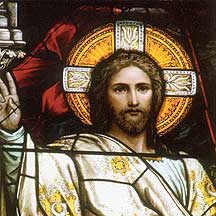








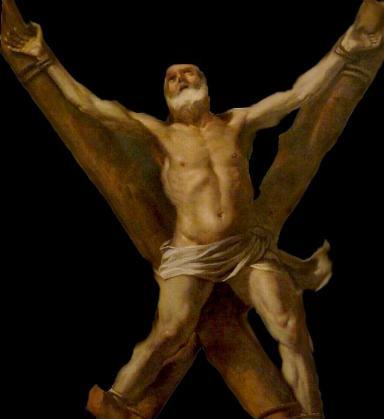




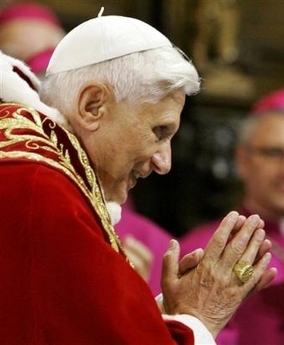






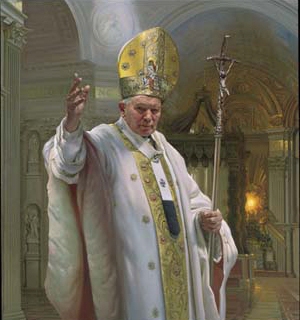
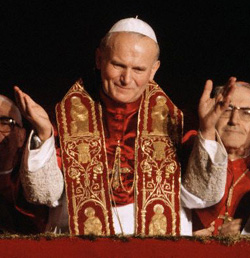
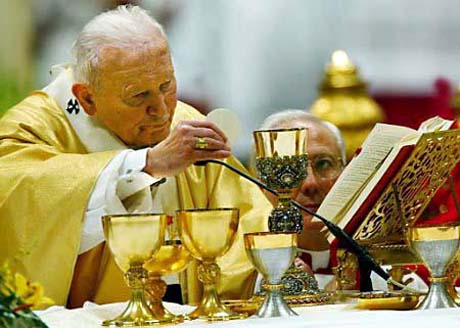







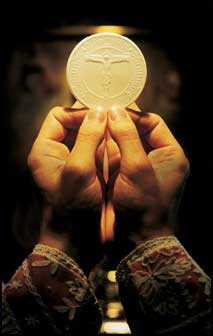
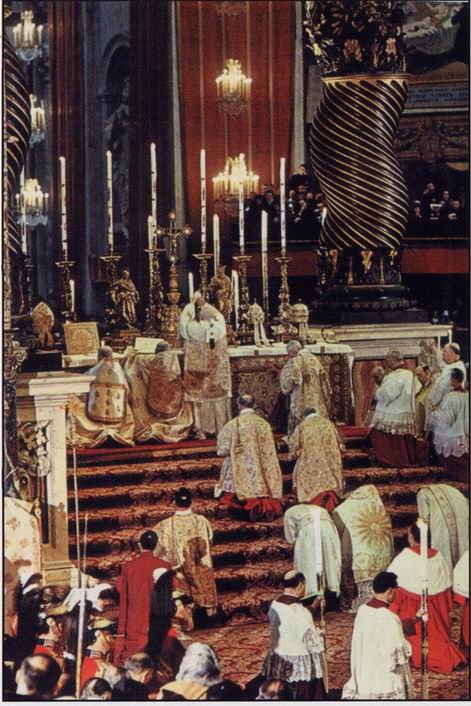

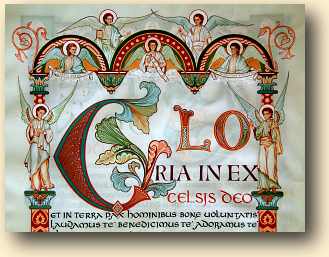

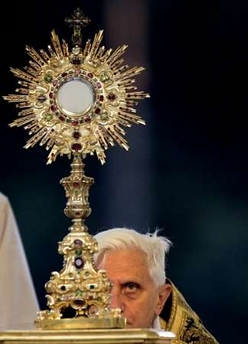


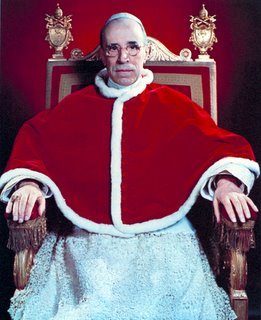




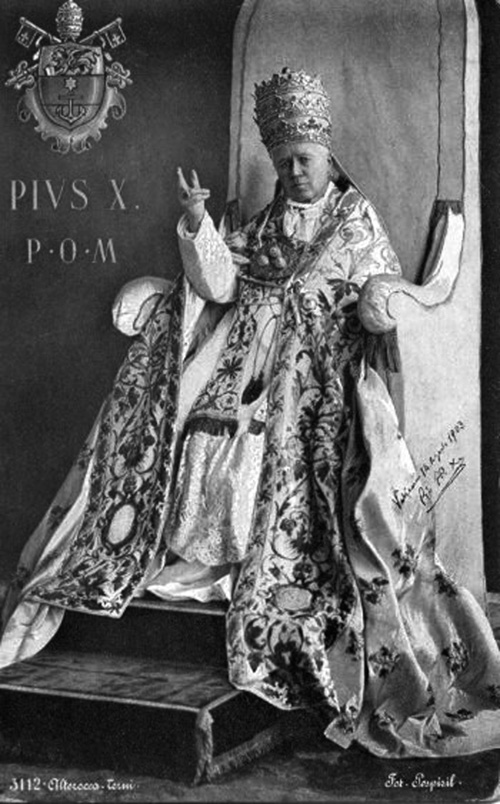



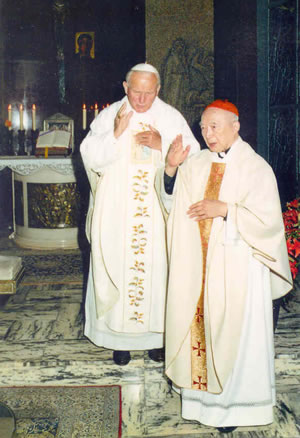






2 comments:
I like that article, it is very honest. My wife always said, having converted from Anglicanism, that she found a deeper, fuller truth in the Catholic faith.
I've always emphasized that a proper motivation for attending Mass orients your entire experience of it.
If we go for the building, music, preaching or whatnot, take it all away and would we still go?
Having said that, a nice building that glorifies and magnifies the majesty of God, music that allows us a glimpse of Heaven and preaching that is solid and orthodox which opens up the Word of God and makes our hearts burn within us certainly does help =))
Truths do matter. They matter a lot. But we're human and prone to human weaknesses. Oftentimes, regardless of the sublime truths that the Church teaches, a brusque and off putting parish priest, a hurtful incident or a catty cell group often drives people away, never to return.
Ive had experiences where people have left because of a disagreement with the priest. Most go to a neighbouring parish. They always know when our priest gave an offensive sermon cos their attendance for the next few weeks rises and so does their collection. =)
Some however leave the Church, becoming Protestant or agnostic. Those that become Protestant suddenly tithe, attend and even host cell group meetings, go for Bible studies, etc. Things that they would not have dreamed doing in the Catholic Church.
I've asked them about it and the reply is that, the new Church asks them. Catholics often have a 'this is your Church too, so feel free to take part and don't wait for an invitation' attitude. Protestant Churches, since they're smaller, give more personal attention and are generally more welcoming.
Personal experience trumps the truth for them.
We need to take great pains to reach out to these people and help them heal while holding on to the people who continue to come.
With the great truth that the Church possesses, I sometimes wish we had better advertising =)
Post a Comment